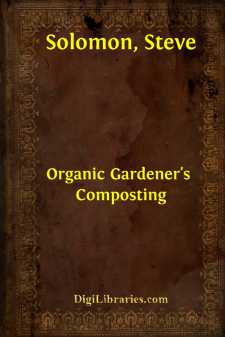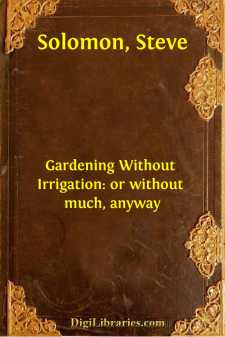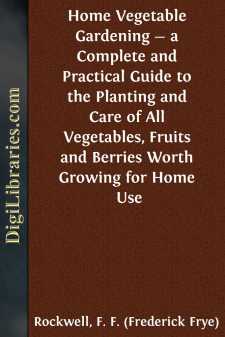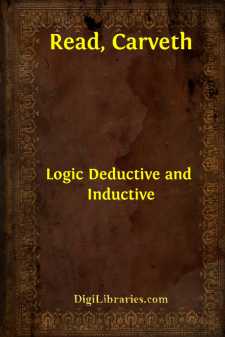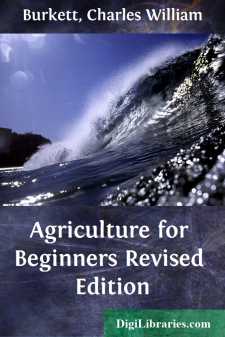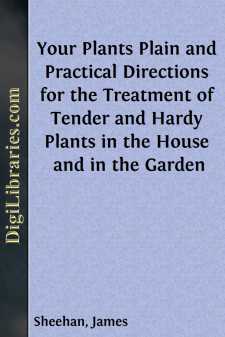Categories
- Antiques & Collectibles 13
- Architecture 36
- Art 48
- Bibles 22
- Biography & Autobiography 815
- Body, Mind & Spirit 144
- Business & Economics 28
- Children's Books 18
- Children's Fiction 14
- Computers 4
- Cooking 94
- Crafts & Hobbies 4
- Drama 346
- Education 58
- Family & Relationships 59
- Fiction 11833
- Games 19
- Gardening 17
- Health & Fitness 34
- History 1378
- House & Home 1
- Humor 147
- Juvenile Fiction 1873
- Juvenile Nonfiction 202
- Language Arts & Disciplines 89
- Law 16
- Literary Collections 686
- Literary Criticism 179
- Mathematics 13
- Medical 41
- Music 40
- Nature 179
- Non-Classifiable 1768
- Performing Arts 7
- Periodicals 1453
- Philosophy 65
- Photography 2
- Poetry 896
- Political Science 203
- Psychology 44
- Reference 154
- Religion 515
- Science 126
- Self-Help 85
- Social Science 82
- Sports & Recreation 34
- Study Aids 3
- Technology & Engineering 59
- Transportation 23
- Travel 463
- True Crime 29
Our website is made possible by displaying online advertisements to our visitors.
Please consider supporting us by disabling your ad blocker.
Organic Gardener's Composting
by: Steve Solomon
Categories:
Description:
Excerpt
A note to the internet reader: In the the print-on-paper edition, this chapter and the next one on vermicomposting are full of illustrations showing composting structures and accessories. These do not reproduce well on-line and are not included.
Growing the majority of my family's food absorbs all of the energy I care to put into gardening. So my yard is neat but shaggy. Motivated by what I consider total rationality, my lawn is cut only when it threatens to overwhelm the lawnmower, and the lawn is not irrigated, so it browns off and stops growing in summer.
I don't grow flowers because I live on a river in a beautiful countryside setting surrounded by low mountains. Nothing I created could begin to compete with what nature freely offers my eye. One untidy bed of ornamentals by the front door are my bow to conventionality, but these fit the entrances northeast aspect by being Oregon woods natives like ferns, salal, Oregon grape and an almost wild rhododendron—all these species thrive without irrigation.
When I give lectures, I am confronted by the amazing gardening variations that humans are capable of. Some folks' raised vegetable beds are crude low mounds. Then, I am shown photographs of squared, paralleled vertical-walled raised beds, uniformly wrapped in cedar planks. Some gardens are planted in fairly straight rows, some are laid-out in carefully calculated interplanted hexagonal successions and some are a wild scattering of catch-as-catch-can. Some people don't eat many kinds of vegetables yet grow large stands of corn and beans for canning or freezing.
Others grow small patches of a great many species, creating a year-round gourmet produce stand for their personal enjoyment. Some gardeners grow English-style floral displays occupying every square inch of their yards and offering a constant succession of color and texture.
This chapter presents some of the many different ways people handle the disposal of yard and kitchen wastes. Compost making, like gardening, reflects variations in temperament. You probably weren't surprised at my casual landscaping because you already read about my unkempt compost heap. So I am similarly not surprised to discover backyard composting methods as neat as a German village, as aesthetic as a Japanese garden, as scientific as an engineer would design and as ugly as . . .
Containers and Other Similar Methods
In my days of youthful indiscretions I thought I could improve life on Earth by civilizing high school youth through engendering in them an understanding of history. I confess I almost completely failed and gave up teaching after a few years. However, I personally learned a great deal about history and the telling of history. I read many old journals, diaries, and travel accounts. From some of these documents I gained little while other accounts introduced me to unique individuals who assisted me in understanding their era.
It seems that what differentiates good from bad reporting is how frank and honest the reporter is about their own personal opinions, prejudices, and outlooks. The more open and direct the reporter, the better the reader can discount inevitable distortions and get a picture of what might really have been there. The more the reporter attempts to be "objective" by hiding their viewpoints, the less valuable their information....


